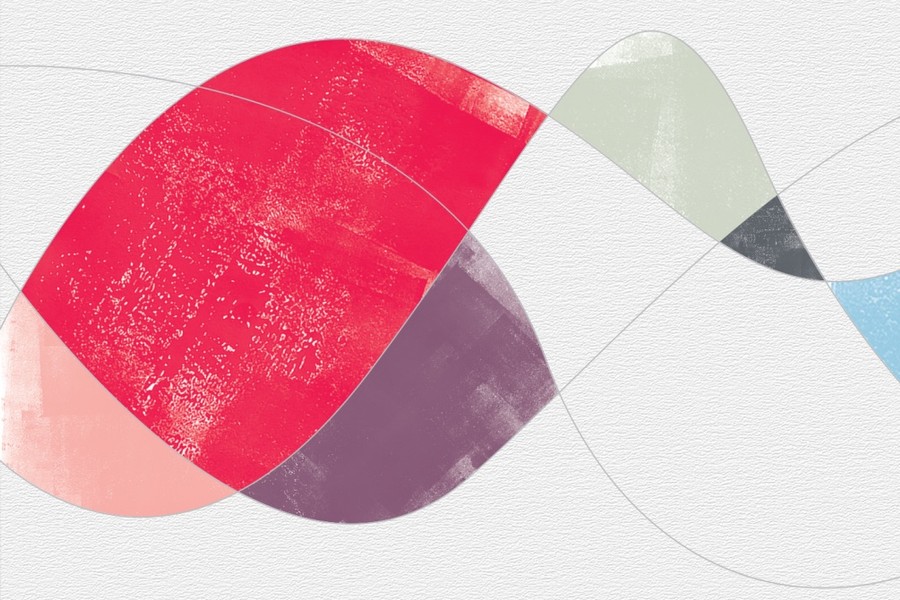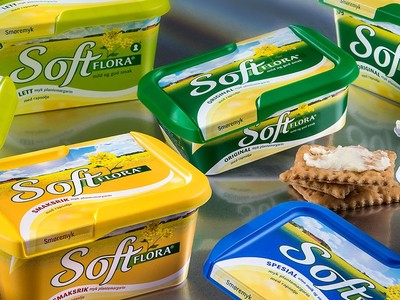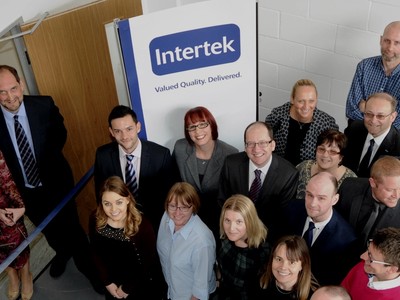DUNELM
PRICE: £6.25
52 WEEK HIGH-LOW: £9.99–£5.80
NET YIELD: 4.1%
HIST/PROS PER: 14.5–13.9
EQUITY MARKET CAP: £1,256m
CONSUMER SERVICES
Keith Down (CFO)
Dunelm is a homewares retailer, stocking anything from pillows to picture frames; from divan beds to clothes pegs. Where they differentiate themselves from the competition is in this vast range alongside their reputation for value for money.
The company’s roots are in the North of England, born out of a home textiles business in Leicester around 30 years ago. From the first few small, high street branches, Dunelm has grown exponentially. It now boasts an estate of 140 stores whose standard format are large and out of town. They are becoming more of a household name in the South as management aim to double their presence within the M25 over the medium term.
Alongside most of retail, Dunelm has had a lot to contend with over the last 18 months. Firstly, the UK Homewares market has been soft, even preceding Brexit.
Secondly, they ran into some logistical troubles by overstressing their new warehouse. Effectively, they were trying to consolidate distribution centres and delivery teams at the same time. This cost them in terms of hiring extra hands and couriers to shift the stock.
Thirdly, as well as their usual store roll out, they are going through a format redesign. This entails re-arranging and re-fitting existing stores, as well as trialling further new layouts. This has naturally led to an increase in operational expenditure.
And lastly, cost inflation. They are putting through price increases of 5-6% thanks to the weaker sterling, as well as experiencing further inflationary pressures from the likes of the National Living Wage.
However, what was clear from the meeting is that they are not resting on their laurels. The store refurbishment is one example of where they are investing in the business. Another is in growing their online offering. The balance sheet is in good shape and they should emerge the other side of a soft market stronger for the capital they have deployed.
ITV
PRICE: £2.00
52 WEEK HIGH-LOW: £2.17–£1.38
NET YIELD: 3.59%
HIST/PROS PER: 17.9–12.5
EQUITY MARKET CAP: £8,054m
CONSUMER SERVICES
Pippa Foulds (Director of IR)
The story for ITV over the last few years has been their transition away from total dependence on the UK advertising market. Non-advertising revenues now make up c.50% of their revenues. As well as the headline percentage coming down, there has been a second level of diversification with the rise of online advertising, displacing predominantly that of print.
There has been much rhetoric about the danger that online advertising poses to the traditional TV ad market. However, the fact is that we have not yet seen this to any great extent. TV as a proportion of overall UK advertising budgets has barely wavered.
In my view, there are two main reasons. Firstly, TV remains the only true mass audience proposition – ITV was responsible for 99% of commercial audiences over five million last year. Secondly, there is a lack of transparency, and therefore trust, in the measurement of online viewing statistics making calculation of return on investment difficult.
Outside of advertising, ITV are having great success in their Studios division. This concentrates on creating and owning high quality video content. Some of the shows they have been responsible for of late include hits like Mr. Selfridge, Poldark, and Victoria.
Half of the revenues from Studios come from overseas, where ITV have a particular aim of plugging the British content gap in US television offerings. As well as investing in several US scripts, ITV have partnered with BBC to produce a Netflix-esque subscription video service available for $6.99 per month in the US called BritBox. The collaboration results in a ‘Best of British’ offering with a sufficiently large content library.
In conclusion, I believe ITV are in a strong position, both financially and strategically, to adapt to any future changes in consumer viewing trends and take advantage of the thirst for high quality content.
TRAVIS PERKINS
PRICE: £16.49
52 WEEK HIGH-LOW: £19.42– £10.90
NET YIELD: 2.74%
HIST/PROS PER: 13.4–13.9
EQUITY MARKET CAP: £4,121m
INDUSTRIALS
Jonathan Diec (Head of IR)
Travis Perkins is a UK building merchant operating through circa 2,000 sites in the UK. Its branch estate offers Travis unrivalled distributive capacity nationwide which serves as a powerful barrier to entry in a market that is otherwise relatively fragmented. Even as one of the biggest players Travis still enjoy just a 15% market share, with independent local merchants occupying more than 50%.
It is against this backdrop that management have recently completed a more than £300m three year capex programme, targeting investment into the supply chain, branch format and IT systems.
Supply chain investment has come in the form of Travis’ newly built distribution centres, which have allowed local sites to downsize whilst still improving the customer offering. The result; two days’ worth of working capital from stock already having been taken out of the store estate.
Investment into the store estate has been felt mainly in the Wickes sites, where management have now completed upgrades on 50 of their 250 stores with very impressive financial uplifts being achieved.
Lastly, management have invested heavily into the IT system which had previously been described as robust but outdated. The most obvious benefit here has been an IT system that now allows the centralisation of pricing, which has historically varied by customer and region. This has meant that management have been able to carefully manage margins in the face of significant costpush inflation from sterling depreciation.
All of these investments leave shareholders with the possibility of strong cash returns from declining capex, improvements in working capital and the potential for long-term growth ahead of their underlying market.
We met the companies below and you can learn more on any of these by contacting the person at JM Finn & Co with whom you usually deal.
BASIC MATERIALS
Croda International, Victrex
CONSUMER GOODS
Fevertree Drinks, Reckitt Benckiser Group, Victoria
CONSUMER SERVICES
Dunelm Group, Tesco, Greggs, Whitbread Intercontinental Hotels Group, ITV, Domino’s Pizza Group, Saga
FINANCIALS
Standard Life, Lloyds Banking Group, British Land, Relax Group, Provident Financial, Standard Chartered, Syncona, Big Yellow Group
HEALTHCARE
Genus, Shire, Spire Healthcare Group
INDUSTRIALS
Rotork, Travis Perkins, Ricardo, Carillion, Equiniti Group, James Fisher & Sons, RPC Group, CRH, BCA Marketplace, Paysafe Group, Ibstock, Babcock Intl Group, Intertek Group, Polypipe Group
OIL & GAS
AMEC, Royal Dutch Shell
TECH & TELECOMS
Vodafone
UTILITIES
SSE, Pennon Group, Severn Trent


